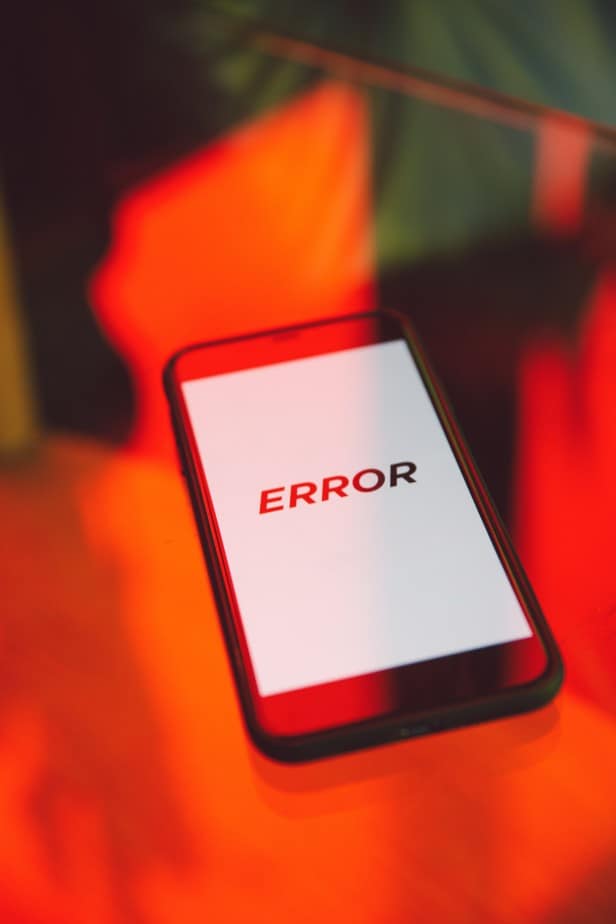For PhD students and other academics, attending and presenting at a scientific conference is a good avenue for sharing, disseminating and obtaining feedback on one’s research. This post covers useful tips on how to give an unforgettable oral conference presentation.
- 1. Always arrive at the conference venue at least a day before your scheduled presentation
- 2. Visit the room where you will make your presentation at least a day before your scheduled presentation
- 3. Familiarise yourself with the structure of the conference session
- 4. Create appealing and engaging PowerPoint slides
- 5. Practice and time your presentation
- 6. Prepare for the possible questions you are likely to be asked
- 7. Prepare for your audience
- 8. Always carry a back-up of your presentation
- 9. Carry a notebook and a pen for your questions
- 10. Have fun!
- Final thoughts on making unforgettable oral conference presentations
1. Always arrive at the conference venue at least a day before your scheduled presentation
Arriving at the conference venue at least a day to your presentation has many advantages.
It gives you ample time to settle down and relax prior to your presentation, especially if you had to travel miles to the conference venue.
It enables you to familiarise yourself with the conference venue including the room where you will make your presentation.
It offers you an opportunity to attend pre-conference sessions or events that may have been organised for the conference participants.
2. Visit the room where you will make your presentation at least a day before your scheduled presentation
It is important to visit the room where you will make your presentation at least a day before your scheduled presentation and familiarise yourself with it.
You can find information about the room in which you will your presentation in the conference program.
Check out the layout of the room; is the layout theatre style, classroom style, or U-shaped style? The layout style has implications on the level of engagement a presenter has with his or her audience.
If possible, practice your presentation in that room and check to see that the room’s equipment such as the microphone and the projector are working well. If there is an issue, it allows you ample time to sort out the issues with the conference technical team prior to your scheduled presentation.
3. Familiarise yourself with the structure of the conference session
There are different structures of a conference session.
A session may be structured to start with presentations by all the presenters first, followed by the questions-and-answers session or it may be structured presentation by presentation in which each presenter makes his/her presentation and answers the questions asked by the audience at a go.
The structure of the conference session has implications on time management by each presenter. For instance, if each presenter is given 15 minutes to make their presentation and answer any question asked, then they would need to balance the allocated time between their presentation and their Q&A session.
4. Create appealing and engaging PowerPoint slides
Learn how to make slides that are engaging and that sustain the interest of your audience.
There are many free useful resources on how to create powerful PowerPoint presentations, including Youtube videos. Make use of those resources.
There is nothing more boring than listening to flat PPT presentations with slides full of paragraphs of text!
5. Practice and time your presentation
Practice makes perfect!
Start practising your presentation at least two weeks before your scheduled oral conference presentation.
Practise until you can present in your head without referring to the slides.
When practising, time yourself using the time allocated for your presentation. If you have 10 minutes to make your presentation at the conference, practise keeping in mind those 10 minutes.
At the beginning of your practice, you may go beyond the allocated time but with more practice, you will be able to know what to remove from your presentation until you are able to present within the allocated time.
6. Prepare for the possible questions you are likely to be asked
Jot down all the potential questions you are likely to be asked and prepare for them in advance.
This will help you not be caught off-guard.
One way of going about this is to make a mock presentation to your peers and request them to ask you questions about your presentation. This will help you to come up with a list of questions that are likely to be asked at the conference by your audience.
7. Prepare for your audience
One way of preparing for potential questions is to know the audience that will be at the conference.
You can easily find this information from the conference webpage.
There are different types of conference audience in a scientific conference including students, established researchers, practitioners, and policy makers among others.
Each type of audience has its own unique needs when attending a conference and this will influence the type of questions they will ask.
For instance, a policy maker may only be interested in the policy implications of your research, an established researcher may be interested in the nitty gritty of your research methodology, while a practitioner may be interested in the practical implications of your research. Prepare for each audience type in advance.
8. Always carry a back-up of your presentation
Technology can and does fail. Always back up your presentation!

If your presentation is saved in your laptop, make sure to save a copy in your email.
Secondly, always carry a hard copy of your presentation. This would come in handy if by bad luck electricity goes off and you are unable to access your soft copy presentation.
Backing up your presentation ensures that your presentation continues seamlessly incase of any technology- or infrastructure-related challenges.
9. Carry a notebook and a pen for your questions
During the Q&A session, note down all the questions asked in a notebook.
Do not make a mental note of the questions as you are highly likely to forget some questions.
Noting down the questions will help you respond to all the questions asked without forgetting any.
10. Have fun!
Have fun during your presentation and engage with your audience and with other presenters in your session.
It is your presentation and you are the authority in your chosen topic. Let your authority shine through your presentation.
Final thoughts on making unforgettable oral conference presentations
The key to making a powerful oral conference presentation is to prepare adequately for it. There is no easy way out. Preparation helps you internalise the content of your presentation and familiarise with the conference venue and any potential questions you are likely to be asked. Adequate preparation will ensure you enjoy your oral conference presentation.

